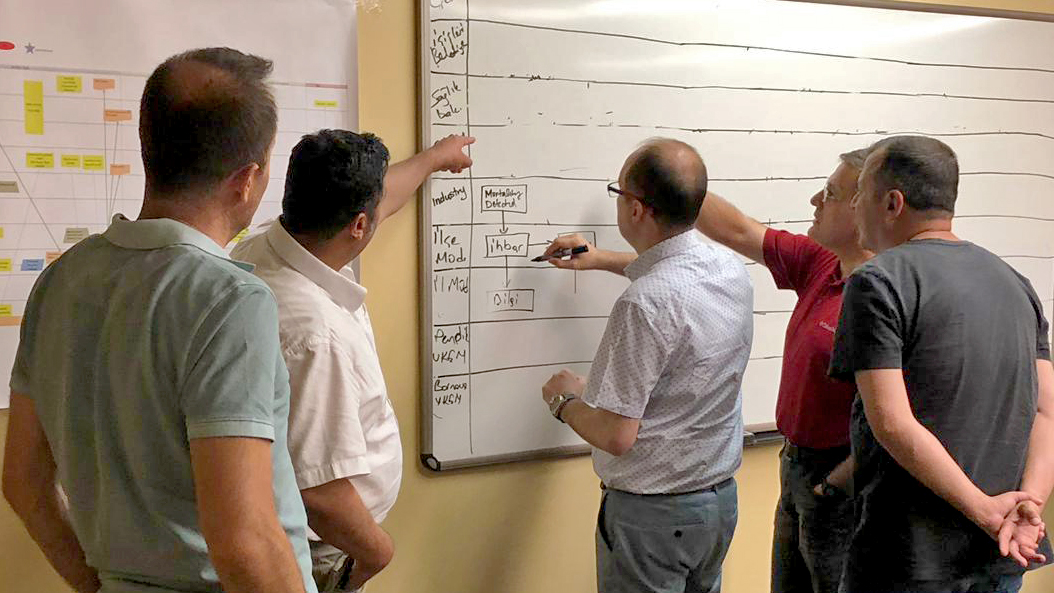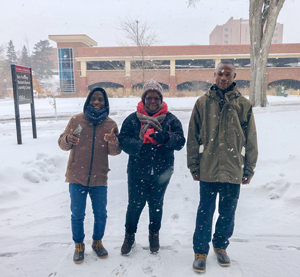Since 2019, the Center for Animal Health and Food Safety (CAHFS) has hosted visiting scholars as part of the U.S. Department of Agriculture (USDA) Foreign Agricultural Service program’s Cochran Fellowship.
Roughly 600 Cochran fellows visit the U.S. for each year to work with universities, government agencies, and private companies to receive hands-on training related to current issues in agricultural trade.
The University of Minnesota has hosted several Cochran Fellowship programs in the past two decades, with successful training programs composed of short presentations, interactive sessions, and site visits. Faculty at the University of Minnesota and their global partners are at the forefront of research on global health and food systems challenges, and prioritize crafting learning modules that bring critical scientific knowledge to working professionals.

Cochran Fellowships at CAHFS
Turkey: Highly Pathogenic Avian Influenza
In June 2019, CAHFS hosted six fellows from Turkey as part of the USDA’s Cochran Fellowship. The fellows learned about risk assessment and how to manage animal disease outbreaks, with a focus on highly pathogenic avian influenza (HPAI).
Fellows saw biosecurity methods that U.S. farms use to keep poultry farms healthy from infectious diseases. They also visited the U of M Veterinary Diagnostic Laboratory and disease surveillance laboratories for the Minnesota poultry industry in Willmar, Minnesota.
Ghana and Kenya: International Trade Policy

In December 2019, two fellows from Kenya and one from Ghana traveled to the University of Minnesota to learn about international trade policy. Cochran Fellows received training on sanitary and phytosanitary measures (SPS) agreement and risk analysis.
The training provided the fellows with an in-depth understanding of SPS regulations and how the World Trade Organization’s SPS Agreement facilitates international trade using science-based risk analysis approaches.